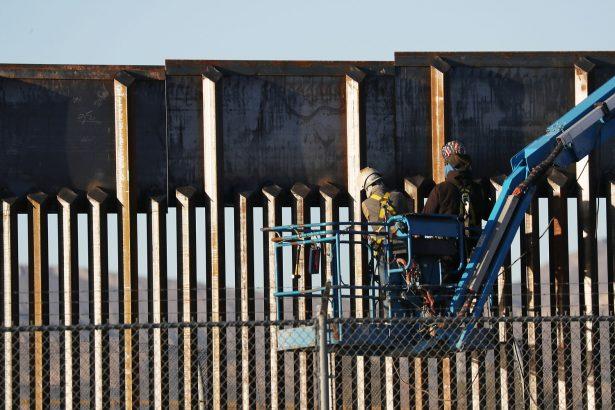A builder from North Dakota has offered to put up 234 miles of border walls on the U.S.–Mexico border for $1.4 billion, which is approximately 80 percent less expensive than the projected cost for the government to build the project.
Tommy Fisher, the president and CEO of Fisher Sand and Gravel Co. believes that the government is paying too much for the wall. Fisher said that for $4.31 billion, he would build the wall featuring paved roads, border technology, and a warranty.





